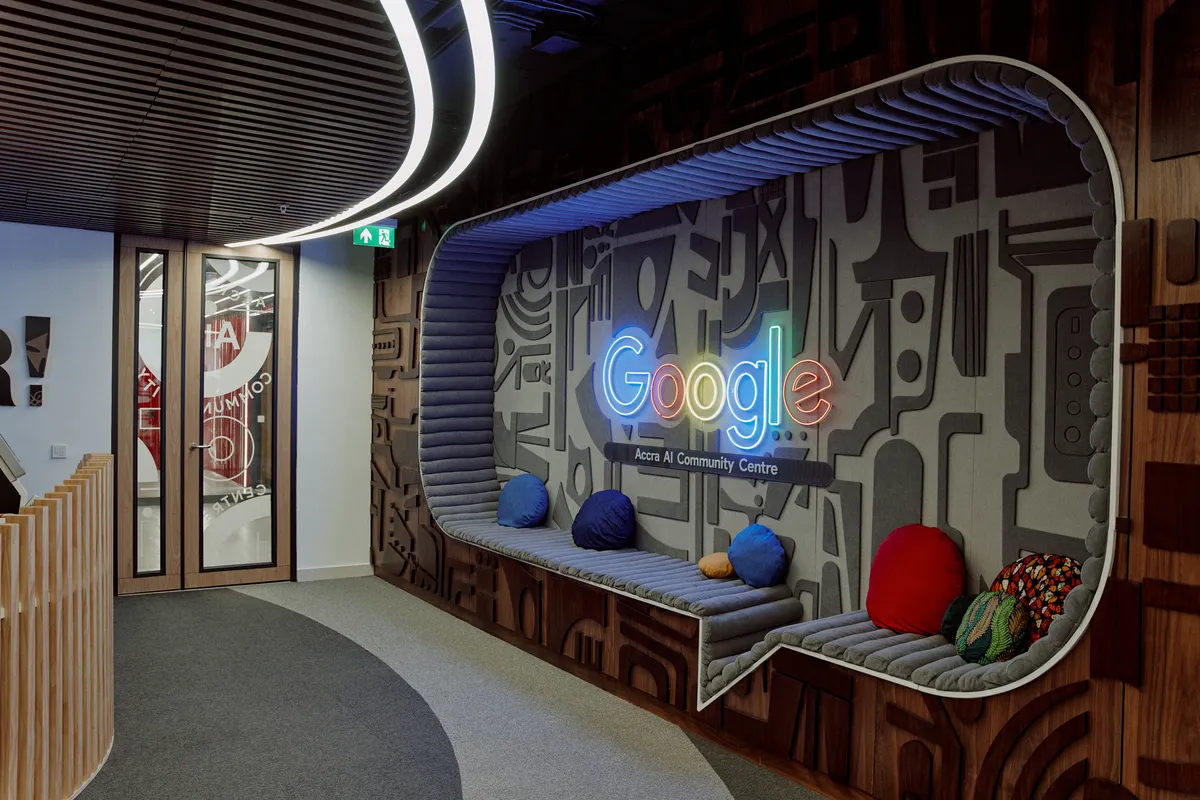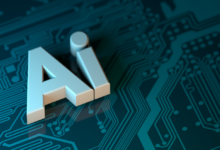Tech Giants Pivoting AI Efforts to Africa See the Continent as a Strategic Bet, Not a Back Office
As global tech players redirect AI development toward Africa, the continent finds itself in the middle of a high-stakes power recalibration.

Africa is no longer on the sidelines of artificial intelligence. In 2025, it’s front and center — with Silicon Valley giants now backing their interest with serious money, training, and research on the ground.
Google led the latest round, announcing a $37 million investment in July to accelerate AI development across the continent. The bulk of that funding will go into grants supporting work on food security, online safety, multilingual AI models for 40 African languages, and education tools. Ghana, Kenya, Nigeria, and South Africa are among the main focus areas. Google is also offering 100,000 scholarships in Ghana tied to its tech certificate programs.
Much of this builds on existing efforts. Google’s AI lab in Accra, launched in 2019, helped pioneer a housing density mapping tool that now includes over 1.8 billion buildings — most in the Global South. That same lab contributed to Flood Hub, the company’s AI platform for flood forecasting, now active in more than 40 African countries.
Microsoft is taking a different angle, targeting infrastructure and skills. The company is investing $297 million into its AI operations in South Africa, where it already runs data centers. It also committed $1 million toward AI training in Nigeria, aiming to reach one million people by 2030 — a bet that aligns with market forecasts showing Nigeria’s AI sector growing by 27% each year.
Meta launched its own accelerator in June, offering equity-free funding to African startups building socially relevant AI tools. It’s partnering with policymakers in Kenya, Nigeria, Senegal, and South Africa to shape the rollout.
OpenAI, too, is moving with purpose. Its research partnership with Penda Health, a primary care provider in Kenya, analyzed 40,000 patient records. The AI assistant used in clinics helped reduce diagnostic errors by 16% and treatment errors by 13%.
Even with infrastructure gaps — patchy electricity, inconsistent broadband — Africa’s role in global AI development is growing harder to ignore. What once felt like outreach is starting to look more like a race. And this time, the biggest names in tech are showing up early.
Follow us on WhatsApp, Telegram, Twitter, and Facebook, or subscribe to our weekly newsletter to ensure you don’t miss out on any future updates. Send tips to editorial@techtrendsmedia.co.ke


